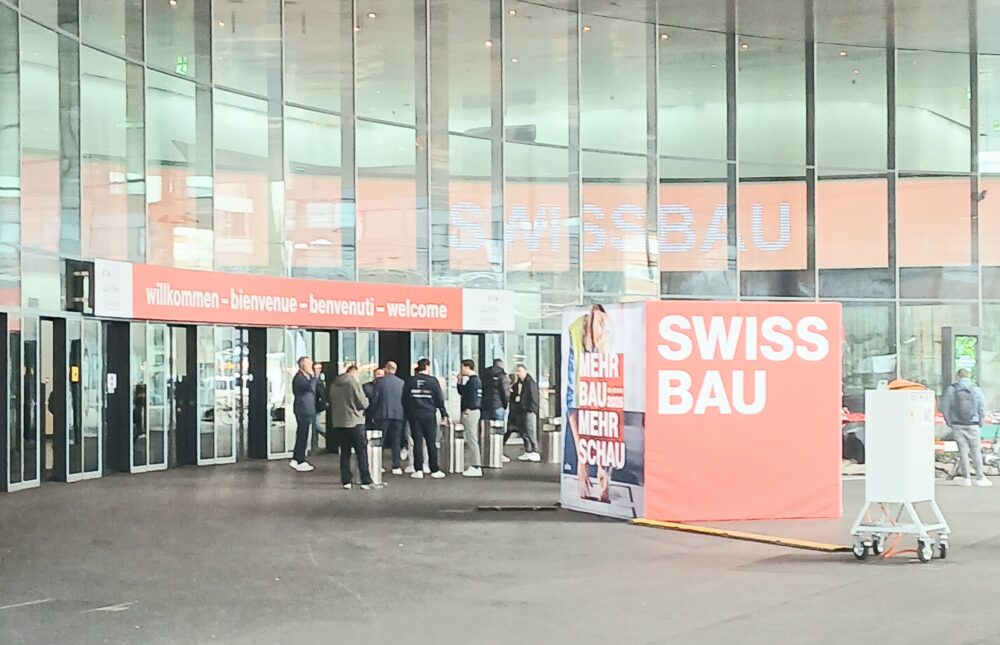Safety as an important topic in schools: launch of the educational medium "How safe are we?"
How safe are we? Due to the current situation, this question is very much in the focus of society and also concerns young people in Switzerland. The coronavirus pandemic, the current wars, the environmental and climate crisis and the threats in the digital space have raised the question of security. The new teaching aid "How safe are we? Switzerland's security policy" shows in an innovative way how the topic can be addressed in schools. It is published simultaneously in three national languages.

The hybrid educational medium, consisting of the 90-page brochure in A4 format and the website security-policy.chintroduces high school and vocational college students to the multifaceted fields of action of Swiss security policy. It enables them to explore different threats and dangers as well as the corresponding security policy institutions and measures.
Three modules
"How safe are we?" is divided into three modules: In the interdisciplinary basic module, students deal with the current challenges of Switzerland's security policy. In the historical module, young people get to know various people who were involved in events relevant to security policy and thus learn about security policy through the ages. The political module requires students to deal with questions of Swiss security policy that are the subject of controversial debate in society.
Three languages
The fact that the teaching material is published simultaneously in German, French and Italian is also a rarity in Switzerland due to the different curricula and teaching cultures and was only possible thanks to the broad-based development and production team. The educational medium is published by the Lucerne University of Teacher Education and the Swiss Armed Forces Training Command in collaboration with the Scuola universitaria professionale della Svizzera italiana, hep Verlag and Éditions Loisirs et Pédagogie. During development, the educational medium was tested in several schools.
Three statements
Dr. Armin Hartmann, Director of Education and Culture of the Canton of Lucerne, emphasized the importance of cross-institutional and cross-linguistic cooperation in school education in his welcoming address at the launch of the new teaching material in Lucerne. Cooperation between universities of teacher education and various state institutions in particular offers great opportunities for teaching. The cantonal government also considers the interdisciplinary approach to the topic and the broad understanding of security that it expresses to be particularly important.
Prof. Dr. Peter Gautschi, Head of the Institute for History Didactics and Cultures of Remembrance at the Lucerne University of Teacher Education, explained how important historical learning is in today's world. Schools offer a unique opportunity for young people to deal with important issues of social coexistence in a protected space. In addition to teacher training and curricula, it is above all the educational media that shape everyday teaching today. And here it can be seen that hybrid offerings in particular can provide effective impetus, just like the website and brochure for "How safe are we?".
In the roundtable discussion at the end of the vernissage in Lucerne, Divisional Officer Germaine J.F. Seewer reminded the audience of the importance that political and therefore also security policy education should have in Swiss democracy. She made it clear that security is not purely an army task, but a joint task involving the army. For Seewer, however, it is also important that young people deal with the question of what specific personal contribution they can make to their own security and that of other people living here.
The teaching aid was financed by foundation funds and can therefore be ordered free of charge via the website mentioned at the beginning, in German from hep Verlag, in French from Éditions Loisirs et Pédagogie and in Italian from the Scuola universitaria professionale della Svizzera italiana.
Source: vtg.admin.ch









